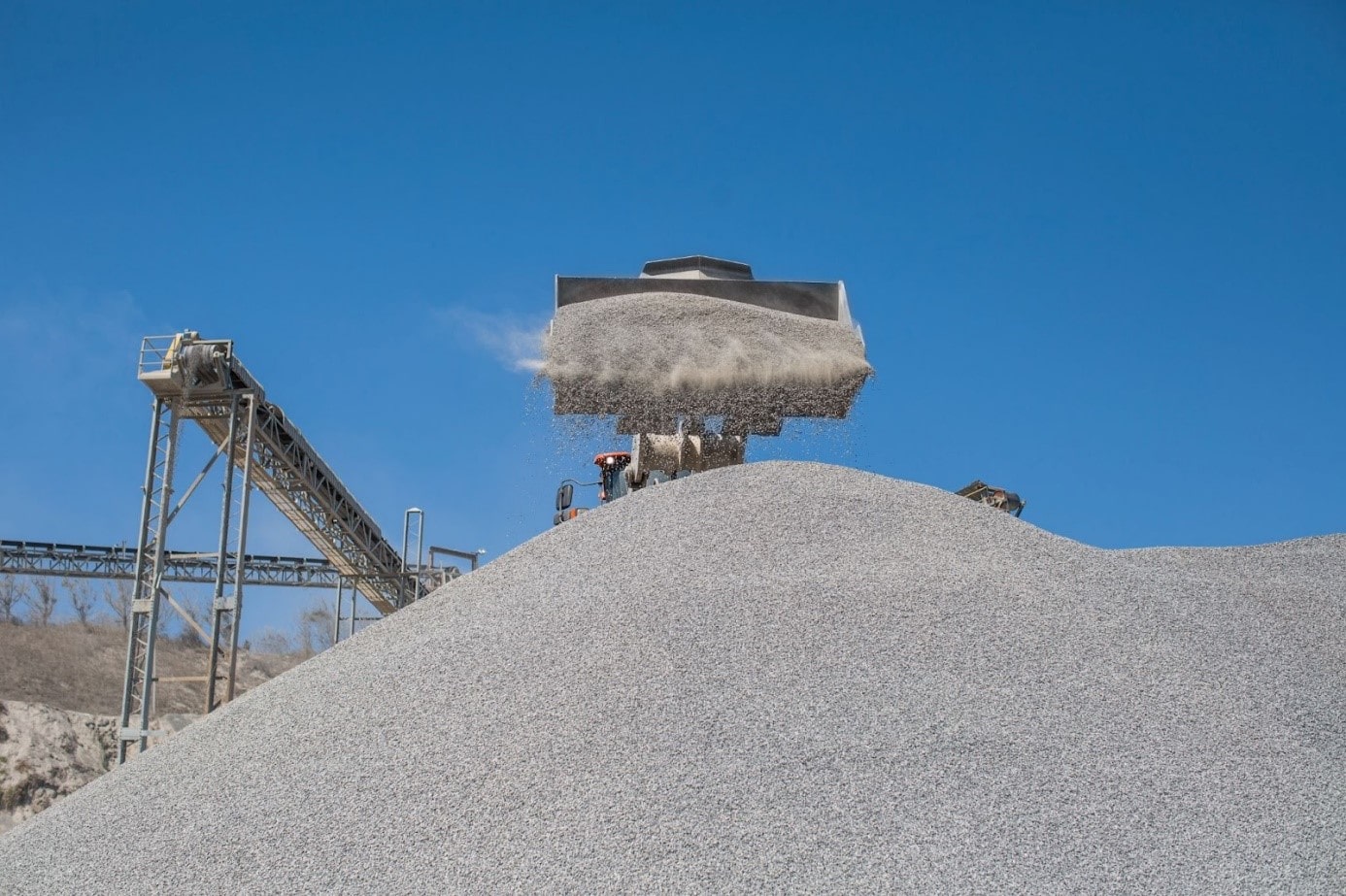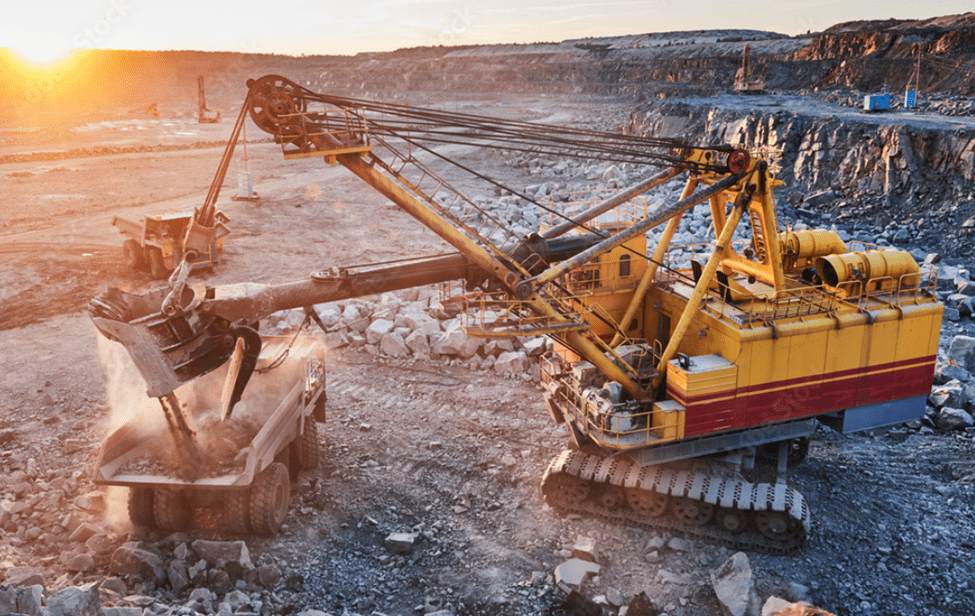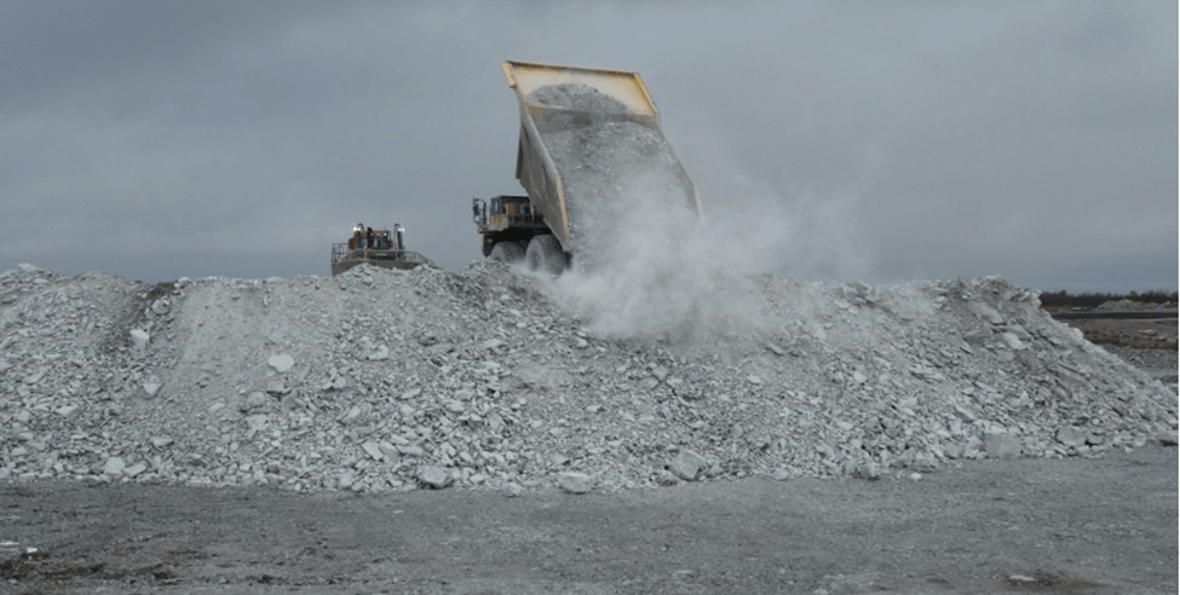Wind turbines and the energy produced by wind farms are a sustainable alternative to fossil fuels. The average wind turbine can produce enough energy to supply over 460 US homes (source). However, there is one specific factor that threatens the effectiveness of wind farms and the lifecycle of the blades, which is dust.
The effect of dust on the performance of wind turbines is detrimental to the wind turbine systems which don’t operate at maximum capacity when dust particles interfere. Effective dust control is therefore key for wind turbine long term performance.
For construction and maintenance, wind farms require access roads that are well compacted to withstand the blades weight without deformation. Depending on the placement of the wind farm, roads need to be built using soil stabilization and road building techniques and materials. Therefore, different soil stabilization solutions for wind farms must be explored for further wind energy development.
Does dust affect wind turbines?
Yes, dust unquestionably affects wind turbines and can have overall negative effects on wind farms for a multitude of reasons. While it affects the turbine itself and therefore the performance of the system, it also affects the people working on and around the farm.
The main aim of a wind farm is to create and capture as much energy as possible, meaning manufacturers tend to place these wind farms in areas that they know generate a considerable amount of wind. However, with this, you by default are also unavoidably placing them in an area with excessive dust as the wind disrupts the particles on the ground. Whilst there is the solution of offshore wind farms, these need to be accompanied by land wind farms too in order to have the desirable widespread effect.
Although the presence of dust is unavoidable, there are things that you can do and solutions that you can implement to reduce the negative effects of dust on wind turbines, which is where wind farm dust control comes in.
Soil stabilization solutions for wind farms
Why are soil stabilization and dust control important on wind farms?
Here are a few reasons as to why you should soil stabilization and dust control on a wind farm:
To optimize road durability and quality
Vehicles erode road surfaces, especially heavy machinery which is used on wind farms. Unpaved roads on wind farms erode at a rapid rate and when dust is agitated by wind or traffic, tiny particles from the top layer of the road are released into the air. Wind farms therefore require dust control and soil stabilization for their access roads for the installation phase of the turbines and their subsequent maintenance.
To mitigate the effects of road erosion and minimize dust on wind farms, many companies turn to soil stabilization and dust control solutions. ABCDust’s solutions physically alter road surfaces and lock in dust particles so that they don’t infiltrate the environment. This optimizes road durability and quality as well as minimizes dust.
To reduce atmospheric emissions
The main wind farm related actions that affect the atmospheric environment are the transfer of machinery and the movement of soil. This results in emissions of smoke and dust particles, in the open air and in the areas where work is carried. This encompasses not only the field of the wind farm itself, but also the entire route of accesses and power lines contained in the project (source).
Dust destroys the blades of wind turbines
One of the main problems with an excess of dust in the air around a wind turbine is the damage that it can do to the blade itself. When manufacturing turbines, wind turbine manufacturers made blades smooth and aerodynamic in order to make sure they create as much momentum and speed as possible.
However, when there are a lot of dust particles in the air, these particles collide with the blade of the turbine and limit its aerodynamic property. As a result, the blade cannot gather up as much traction as it otherwise would, which slows down the entire system and limits the amount of energy that could otherwise be produced. Essentially, an excess of dust attaches itself to the surface of the blade which in turn gives it a rough texture and limits its aerodynamic quality.
Improve the efficiency of wind turbines
High levels of dust are related to health issues
Apart from affecting the performance of the wind turbines, the dust that is present on wind farms can also have negative effects on the people that work on the farm. When there are high levels of dust in the air and you have individuals that work on the ground, they are vulnerable to the effects of the dust particles.
These dust particles on the ground are directly inhaled by those who work in the surrounding area of the wind turbines. This can be extremely dangerous, especially when experienced every day as the particles can make their way into people’s lungs and cause serious health issues in the long term. For the health and safety of employees on the ground, dust control measures are essential!
How to minimize dust on wind farms
Wind farm soil stabilization and dust control solutions
ABC Dust offers soil stabilization and dust control solutions that can improve your road CBR by 400% and achieve up to 90% dust suppression whilst also minimizing water usage and CO2 emissions, hence providing the perfect environmentally friendly solution for wind farms.
Due to the usually remote location of wind farms, it is necessary to work with local soil and without using soil loans. For this purpose, here are the most recommended soil stabilization and dust control solutions for wind farms:
- DMS-DS 100: This product is created with environmentally friendly nanopolymers, proprietary minerals, APE-free surfactants and no added formaldehyde. It is mixed with water in watering trucks and sprayed on road surfaces to improve dust suppression performance as well as reduce water use by at least 80%. Our solution is resistant to erosion from water, wind and the sun.
- CHEM-STAB: This ionic soil stabilizer repels water. It releases the water retained by chemical absorption in the soil particles and replaces it with ions that are more stable. Using this product allows businesses to obtain a higher optimum density, a waterproofing of the floor and a higher support value. This solution is ideal for clayey and silty soils with IP greater than 0.
- EZZIS PRO: This is a soil stabilization natural liquid enzyme which is used to improve the properties of local/native soils. It improves soil strength, stability and resistance as well as enhances higher compaction densities. It serves to modify the soil’s water retention and minimize the wear and roughness of road surfaces. This in turn allows companies to reduce road building and maintenance costs as well as reduce dust levels.





